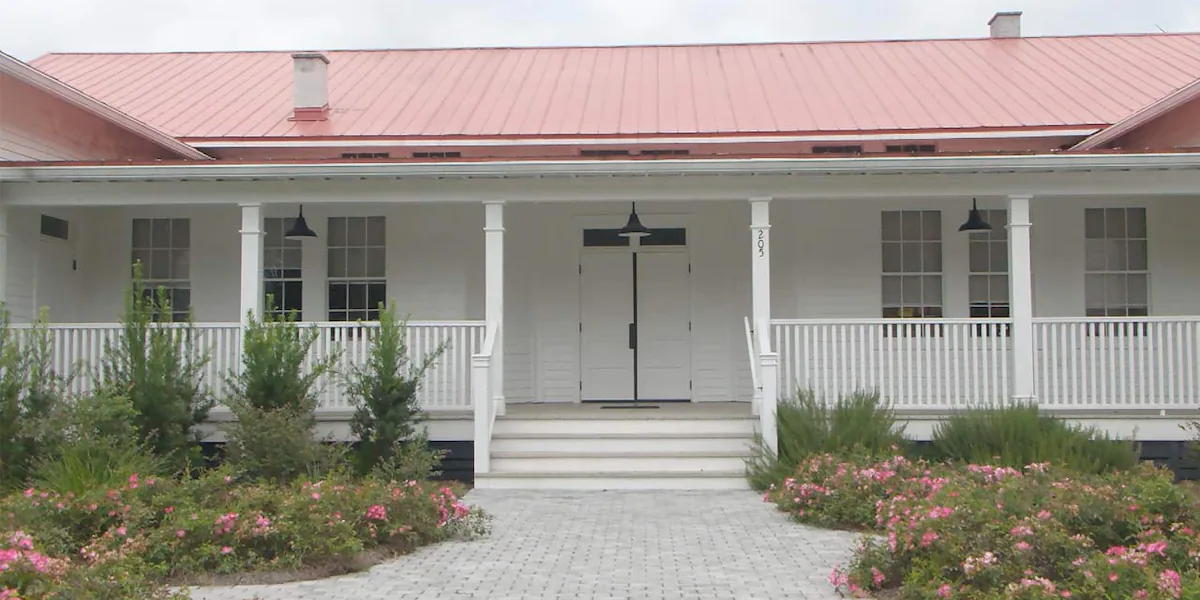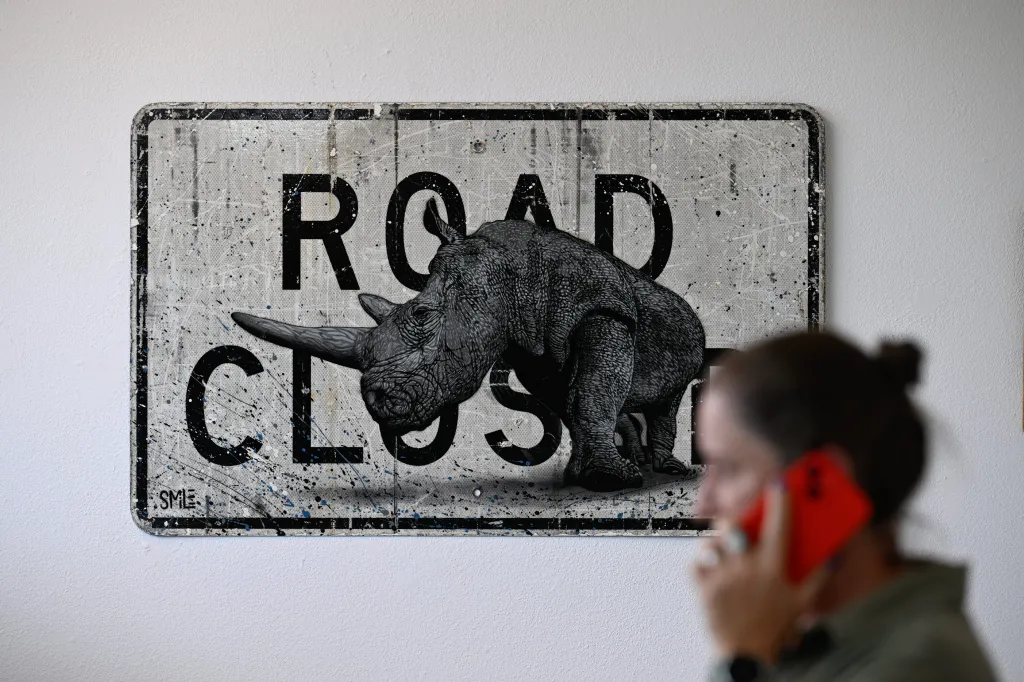
ST. GEORGE, S.C. (WCSC) – The Rosenwald School in St. George, which once served thousands of Black children during the 20th century, has since been restored as a multi-use space and is now expanding beyond the school walls to continue its mission of education.
The historic building, once named the St. George Colored School, received $428K in state funds last year to improve the space, and with that money, they have added a dining car to tell the story of the school’s founders and acquired an adjacent property known as Mabel’s Grill. Their goal with expanding the school and turning it into a campus is to tell the entire story about the community of St. George, both inside and outside of the school.
The school opened in 1925 and helped educate Black students in a segregated South. After closing in 1954, the building began to deteriorate and was abandoned. It was only after a group of alumni decided to save the school that its history was restored. The building currently includes an auditorium, a children’s museum, classrooms with original student desks, pot-belly stoves and floors.
But with the recent grant money and other donations, St. George Rosenwald School Chairman Ralph James says they can get creative and further their mission. He was one of the last students to attend the school.
“It is an opportunity to fulfill a mission and a vision that I always had of contributing to the community,” James says. “It gives it a little livelihood and also the variety offers an opportunity for other people not only to share in the experience, but to also have a valuable experience themselves as they come and connect to the school building project.”
He says the work from the board and the network of alumni help maintain the story they want to pass on to the next generation.
Edith Williams-Oldham is an alumnus of the school and currently serves on the board as the historian. She says she still remembers the thriving community that raised her.
“It was a loving and caring community,” Williams-Oldham says. “People cared for each other, they looked out for each other, they supported each other, and it was just a good place to grow up, and I enjoyed it so much. I learned so much from this school.”
As Williams-Oldham shared numerous stories about the local businesses surrounding the school, she emphasized that the school wouldn’t have succeeded without the community’s support. Many of the names of local shops and restaurants that were in the area can now be found on a plaque outside the school.
“This is not going to be just the Rosenwald School, it’s going to be the Rosenwald campus from one end of town to the other,” Williams-Oldham says.
Shirley Chapman is another alumnus of the school and is glad to see the school growing into a campus so that the story isn’t forgotten.
“Who can tell our story better than us?” Chapman asks. “We can read about it, but we can tell our own story better because we know it. We’ve lived through it. We know the struggles and the hardships and the pain and how we’ve overcome them. And we’ve come too far now to go back.”
The grant money has also helped with amenity improvements like adding sidewalks, obtaining a shuttle cart for tourists and renovating the restrooms on site.
“We are very much dependent now on the generosity of our supporters helping us and continuing with where we are going,” James says.
James says they hope to finish the dining car installation by the end of this year. The school plans on celebrating its 100th anniversary next year.
“As we look back, although some of our means were meager, we were still able to succeed against the odds that were there,” James says. “And this school, this project is a great indication to our children today and to those of us who shared in the experience that you can succeed, you can make it, you can become a valuable member of society.”



